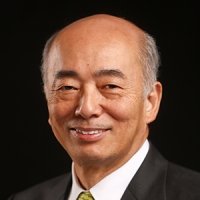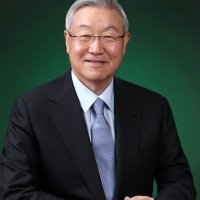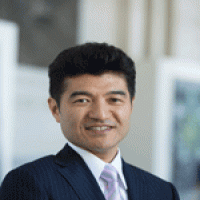US-ROK-Japan Trilateral Relations
Submit a question
Last August’s historic Trilateral Summit at Camp David cemented the US-ROK-Japan Trilateral Partnership on the global stage. Building upon this diplomatic success, the United States, South Korea, and Japan continue to seek avenues to institutionalize areas for expanded tripartite cooperation. Within the Indo-Pacific region and globally, the three countries have defined a focused agenda for enhancing and strengthening collaboration in supply chain resiliency, critical technologies, and energy security. Closer to home, Southeast Asia may present new opportunities for trilateral engagement. Though challenges remain, this conference examined key areas of economic cooperation that will shape the future of US-ROK-Japan partnership in the years to come.
The conference featured members of the Wilson Center’s 2023 Trilateral Commission, across two panel discussions. The first panel assessed areas of risk and opportunity for trade and supply chain resiliency among the three nations. The second panel explored areas of new growth for the partnership, including addressing the dual challenge of climate and energy policy as well as advancing regional engagement in North and Southeast Asia.
Please click on the word "agenda" above to see the full schedule for the event.
Speakers



Introduction

Moderators


Panelists






Executive Vice President, National Graduate Institute for Policy Studies (GRIPS)

Associate Professor of Political Science, North Carolina State University.
Hosted By

Hyundai Motor-Korea Foundation Center for Korean History and Public Policy
The Center for Korean History and Public Policy was established in 2015 with the generous support of the Hyundai Motor Company and the Korea Foundation to provide a coherent, long-term platform for improving historical understanding of Korea and informing the public policy debate on the Korean peninsula in the United States and beyond. Read more


Indo-Pacific Program
The Indo-Pacific Program promotes policy debate and intellectual discussions on US interests in the Asia-Pacific as well as political, economic, security, and social issues relating to the world’s most populous and economically dynamic region. Read more
